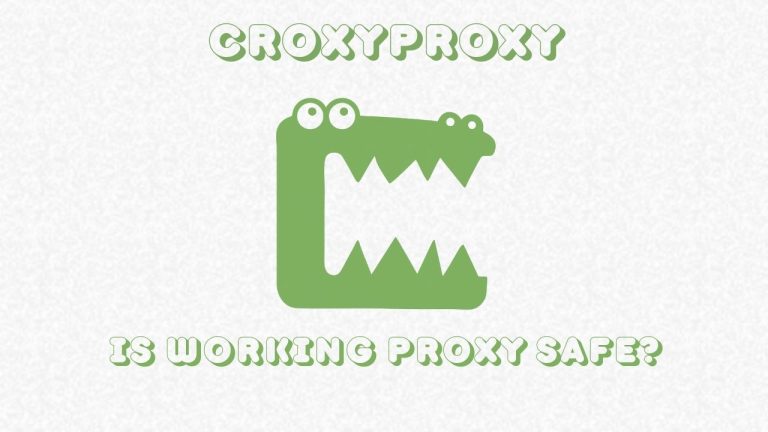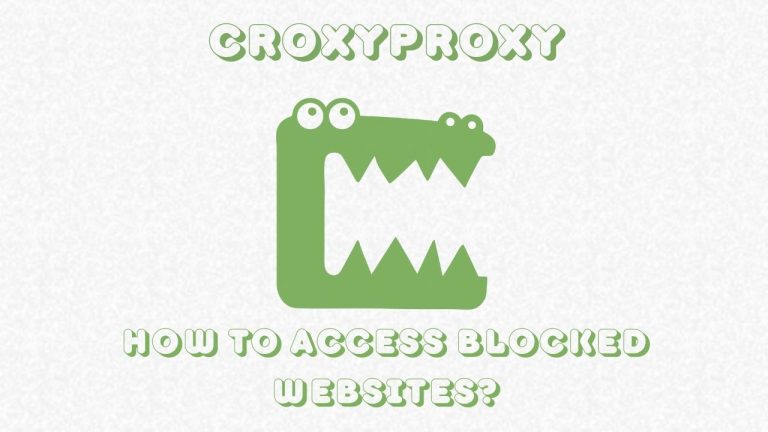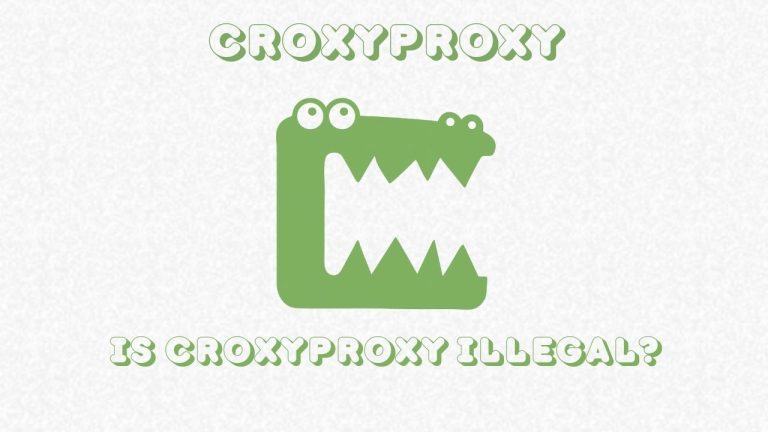How Does a Proxy Link Work?
How Does a Proxy Link Work? With the rise of cyber threats, restricted websites, and geo-blocked content, many users turn to proxy links to maintain privacy and access information safely. But how does a proxy link work, and why is it essential for internet users in Indonesia and around the globe? This article will provide a detailed guide on proxy servers, their benefits, types, and practical applications.
How Does a Proxy Server Work?
A proxy server acts as an intermediary between your device and the internet. Here is a step-by-step explanation of how it functions:
- User Request: When you try to access a website, your browser sends the request to the proxy server instead of directly connecting to the website.
- IP Masking: The proxy server hides your real IP address and assigns its own IP to your request. This protects your identity and location.
- Forwarding Requests: The proxy server forwards the request to the target website.
- Fetching Data: The website sends the requested content back to the proxy server.
- Delivering Response: Finally, the proxy server sends the website data back to your browser.
This process ensures that your online activities remain anonymous and can help in accessing content that is restricted in certain regions.
Types of Proxy Servers
Proxy servers are not all the same. There are several types, each serving different purposes. Understanding these can help you choose the right proxy solution for your needs.
| Proxy Type | Function | Advantages | Disadvantages |
|---|---|---|---|
| HTTP Proxy | Handles web traffic only (HTTP/HTTPS websites) | Fast for browsing, supports caching | Limited to web traffic only |
| SOCKS Proxy | Can handle all types of traffic, including emails and torrents | Versatile, works with multiple protocols | Slightly slower, needs configuration |
| Transparent Proxy | Does not hide IP address but can cache and filter content | Speeds up access to frequently visited websites | Does not provide anonymity |
| Anonymous Proxy | Hides IP address while browsing | Increases online privacy | Some websites can still detect it |
| Elite Proxy (High Anonymity) | Completely hides your IP and does not identify as a proxy | Maximum privacy and security | May be slower due to encryption processes |
Benefits of Using a Proxy Link
Using a proxy link offers multiple benefits for internet users, businesses, and organizations. These include:
- Enhanced Privacy: Your IP address is hidden, making it difficult for websites or hackers to track your activities.
- Bypass Geo-Restrictions: Access websites and streaming platforms that are blocked in your country.
- Content Filtering: Businesses can use proxies to control employee access to websites.
- Faster Internet Speeds: Proxy servers can cache frequently visited websites, reducing load times.
- Security for Public Wi-Fi: Proxies can protect your data on unsecured networks.
Applications of Proxy Servers
Proxy servers have several real-world applications that make them indispensable in today’s digital environment.
1. Individual Internet Privacy
For individual users, proxy links provide anonymity online. This is especially useful for people in Indonesia who want to access international websites, social media platforms, or streaming services without revealing their IP address.
2. Corporate Security and Control
Businesses use proxy servers to monitor employee internet usage, filter harmful content, and ensure secure connections. By using proxies, organizations can prevent cyberattacks and data breaches.
3. Web Scraping and Research
Researchers and developers often use proxies to collect data from multiple websites without getting blocked. Since proxies distribute requests across multiple IP addresses, web scraping becomes more efficient.
4. Accessing Restricted Content
Geo-restrictions and regional blocks are common on streaming platforms like Netflix, Hulu, and YouTube. Proxies allow users to bypass these restrictions and enjoy content freely.
Limitations of Proxy Servers
While proxies are useful, they have certain limitations:
- No Traffic Encryption by Default: Most proxy servers do not encrypt traffic, leaving data vulnerable.
- Slower Speed in Some Cases: Especially when using high-anonymity or distant proxies.
- Potential Security Risks: Free proxy servers may log your data or inject ads.
For maximum security, pairing a proxy server with a VPN is recommended.
Proxy Links vs VPN: What’s the Difference?
| Feature | Proxy Link | VPN |
|---|---|---|
| IP Masking | Yes | Yes |
| Traffic Encryption | No (by default) | Yes |
| Performance | High for simple web browsing | May be slower due to encryption |
| Security Level | Moderate | High |
| Cost | Often free | Usually paid |
While proxy links are ideal for privacy and bypassing geo-blocks, VPNs provide full encryption and secure data transmission.
How to Set Up a Proxy Link
Setting up a proxy link is relatively simple. Here are the general steps for different devices:
On Windows:
- Go to Settings → Network & Internet → Proxy.
- Enable Manual Proxy Setup.
- Enter the proxy server address and port number.
- Save the settings and restart your browser.
On Mac:
- Open System Preferences → Network.
- Select your network and click Advanced → Proxies.
- Enter the proxy server information.
- Apply changes and restart your browser.
On Android/iOS:
- Go to Wi-Fi settings.
- Tap the connected network → Advanced → Proxy.
- Enter proxy details.
- Save and reconnect.
Tips for Using Proxy Links Safely
To maximize the benefits of a proxy server while minimizing risks:
- Always use trusted proxy providers.
- Avoid free proxies that log your data.
- Combine proxies with VPNs for enhanced security.
- Clear your browser cache regularly.
- Monitor the proxy server speed for optimal browsing.
Conclusion
A proxy link is a powerful tool for enhancing online privacy, bypassing content restrictions, and optimizing internet performance. By understanding how a proxy server works, the types of proxies available, and their practical applications, users in Indonesia and worldwide can enjoy a safer, faster, and more flexible browsing experience.
While proxies offer anonymity, pairing them with VPNs is recommended for full encryption and security. Whether for personal privacy, corporate control, or data research, proxy servers remain an essential part of modern internet usage.







